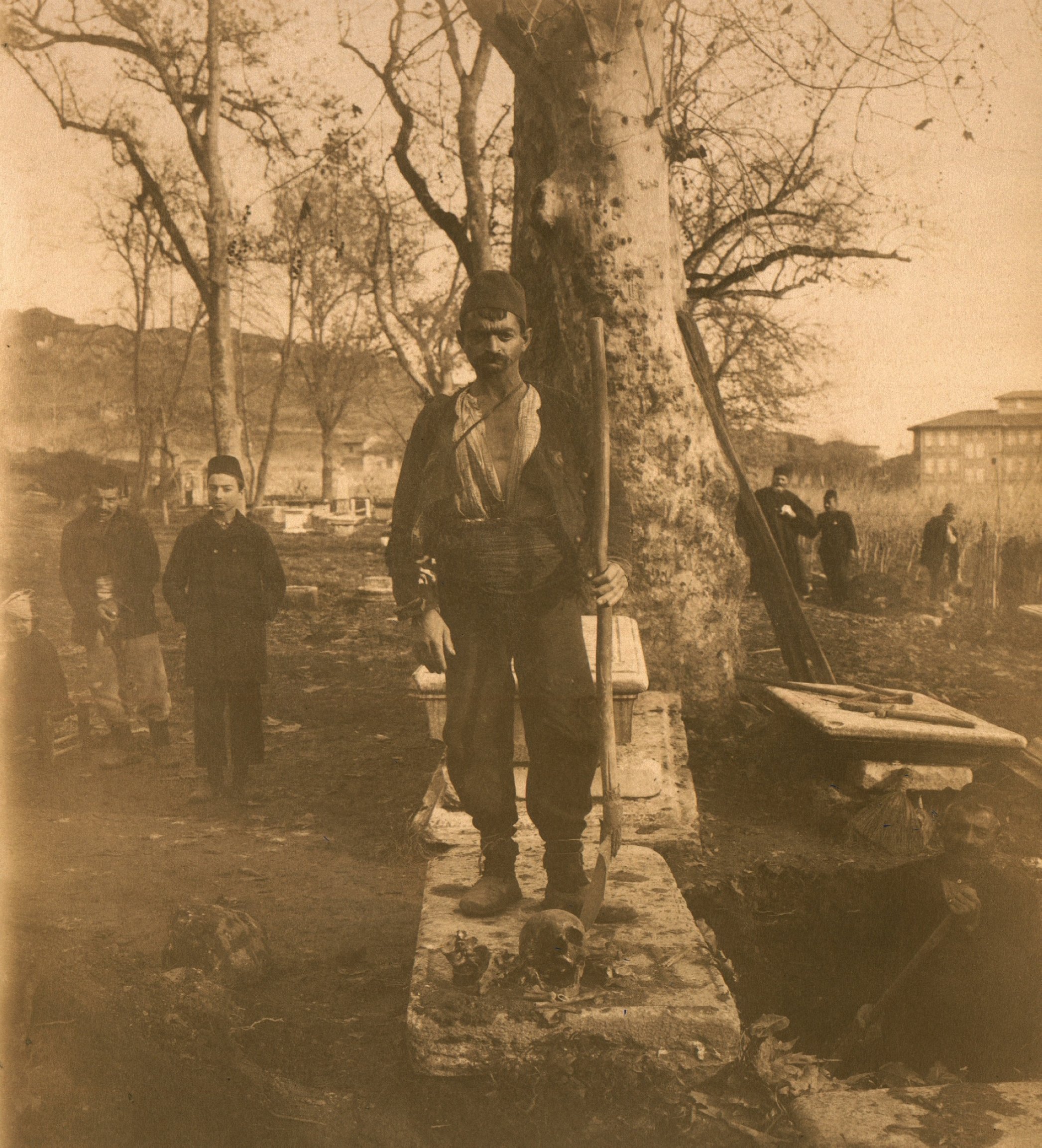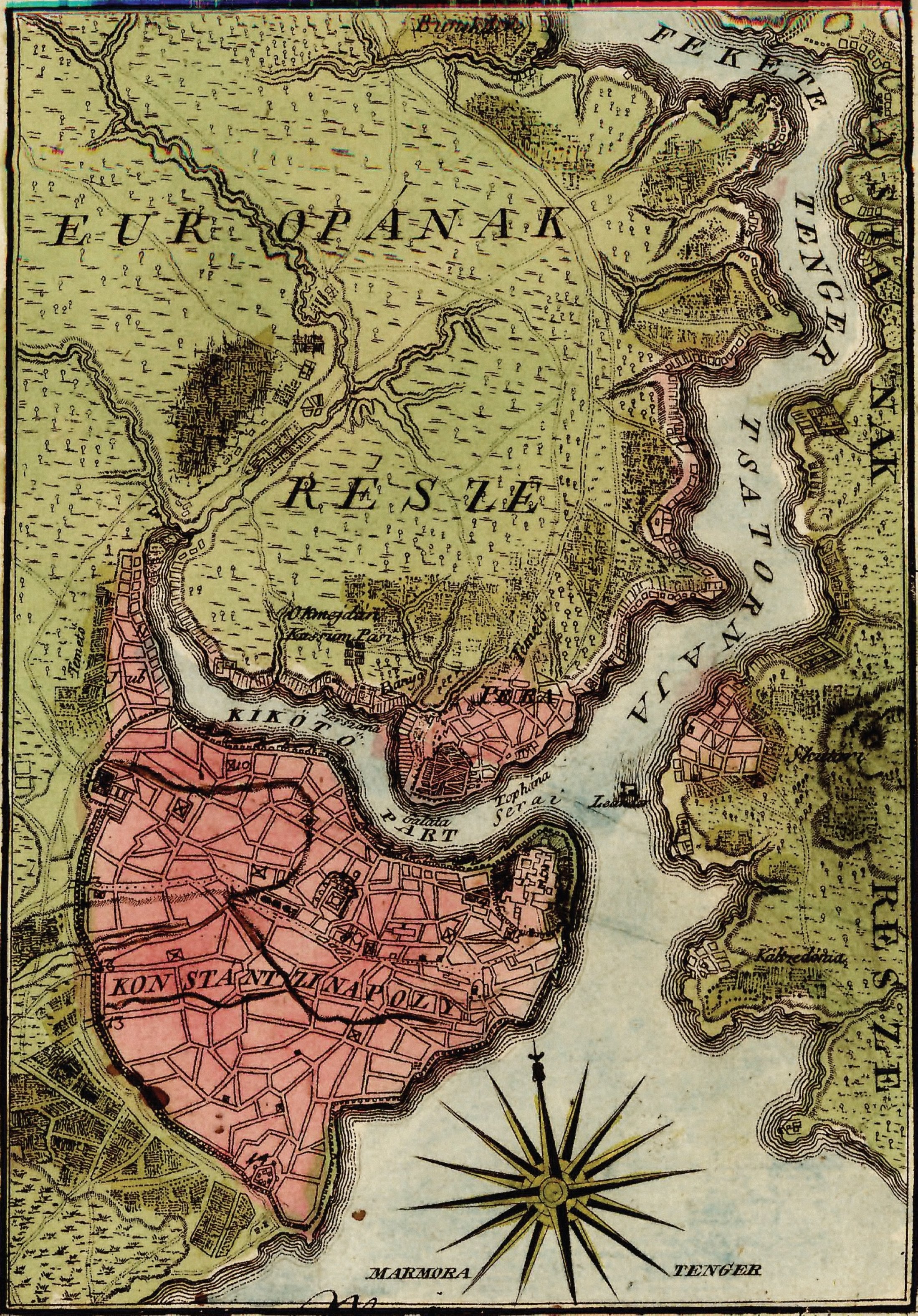© Turkuvaz Haberleşme ve Yayıncılık 2024
The Liszt Institute Hungarian Cultural Center in Istanbul will host "A Host Country: Hungarian Emigration to the Turkish Empire" from March 13 to April 30, shedding light on the historical roots of friendship between Hungarians and Turks from a historical perspective. Curated by the Hungarian National Archives and taking place within the framework of the "2024 Hungarian-Turkish Cultural Year," the exhibition relies on historical documents to narrate the close relations between prominent Hungarian leaders and the Ottoman Empire starting from the 17th century, including their asylum-seeking in the Ottoman lands, supported by documented evidence.
Additionally, the exhibition touches on migrations to Republic-era Türkiye.

The relations between Hungarians and Turks trace back to the military campaigns of the Ottoman Empire. The Ottoman presence in the Balkans since the 14th century swiftly extended to the borders of the Kingdom of Hungary. With Suleiman the Magificent's reign, a new era began, marked by the Battle of Mohacs in 1526, after which Ottoman rule prevailed in Hungary for nearly 150 years. Throughout the 16th century, the Ottoman Empire remained a significant political factor in Hungary, being perceived as a natural ally and supporter of the political efforts by Hungarian and Transylvanian factions during uprisings and struggles for freedom against Habsburg rulers.

Curated by Aniko Schmidt, the exhibition delves into events and personalities in the shared history of the two countries, ranging from the establishment of the Central Hungarian Kingdom in the 17th century to Prince Francis II Rakoczi seeking asylum in the Ottoman Empire in the 18th century, from Lajos Kossuth settling in Kütahya during the Hungarian Revolution of 1848-49 to Hungarian officers contributing to the modernization of the Ottoman army. It offers insights into significant events and individuals shaping the intertwined history of Hungary and Türkiye.
